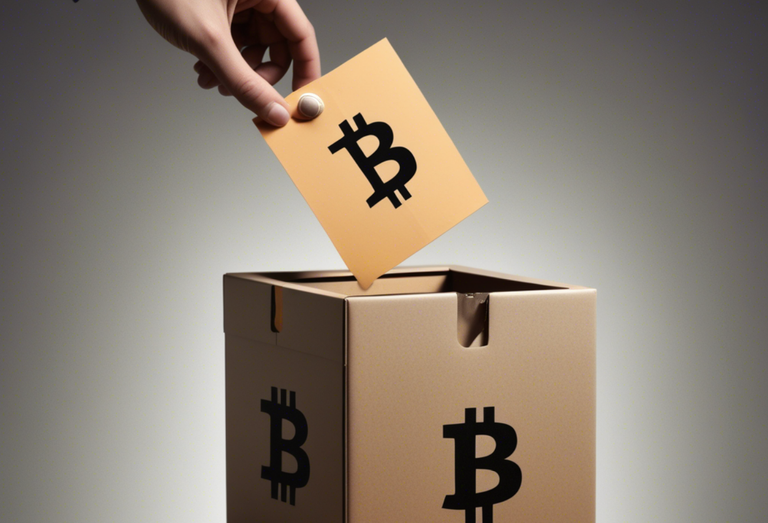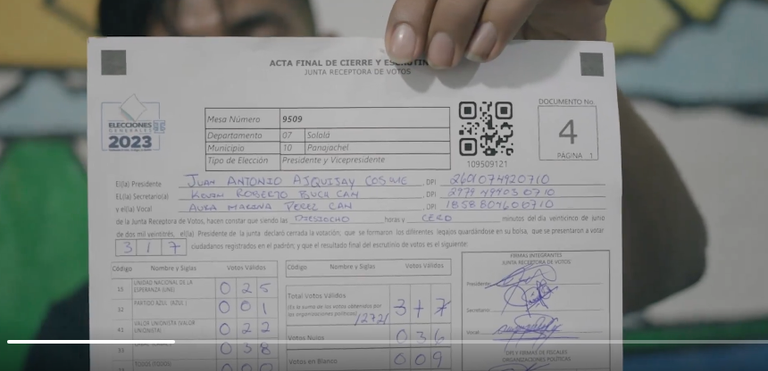A lot of people have questioned the accuracy of the 2020 US election. There have been accusations of widespread mail ballot fraud, manipulation of voting machines, and even dead people voting!
Fraudulent votes are always a possibility in municipal, state, and national elections. The question is, what steps can we take to avoid vote tampering? Guatemala had an idea for their 2023 election, and it involved Bitcoin.

Why Involve Bitcoin?
One could argue that Bitcoin is the most secure database in the entire world, as it is secured by vast amounts of electricity and Bitcoin mining hardware that is distributed all over the planet in a decentralized manner.
In addition to tracking money (nearly 20 million Bitcoin worth over a trillion dollars), the Bitcoin network can securely store other information as well, such as votes in an election.
How Guatemala Did It
During last year's election in Guatemala, the ballots were cast by citizens at voting locations and counted in front of witnesses. Afterwards, a tally sheet was filled out to record the results, and scanned into a digital image.

A piece of software then hashed the scanned images into a unique digital identifier (a hash), which was then included in a transaction, and permanently logged to the Bitcoin blockchain.
This process made the election results immutable, because the images can always be re-hashed and compared with the existing hashes stored on the blockchain, verifying that no one has altered the results.
The Future Of Voting
Guatelama has come up with an interesting use-case for the Bitcoin blockchain - to secure their election results. At least, the tally sheets that are written up by the volunteers who count the physical votes.
In the future, it would be ideal to have all citizens vote directly on Bitcoin to prevent any collusion among the ballot counters. However, this would be impracticable on Bitcoin, given its high fees and 7 transaction-per-second limit.
For that reason, other blockchains have been designed with governance built-in to the protocol. For example, in the Cosmsos ecosystem alone (where there are over 50 different blockchains) token holders are voting on spending proposals and protocol changes on a daily basis.
Until next time...
Bitcoin and other cryptocurrencies are bringing a whole new meaning to the word democracy. Today we can use blockchain technology to be confident that election results are 100% accurate, and this is likely how we will be electing our leaders in the future.
If you learned something new from this article, be sure to check out my other posts on crypto and finance here on the HIVE blockchain. You can also follow me on InLeo for more frequent updates.
Resources
Deep Dive on Guatemala's Bitcoin-Secured Election [1]
Images Courtesy Of Venice AI [2]
Posted Using InLeo Alpha
I didn't know that, it is a very transparent choice. Just expensive one, better use other chains as LTC, BCH, even Hive.